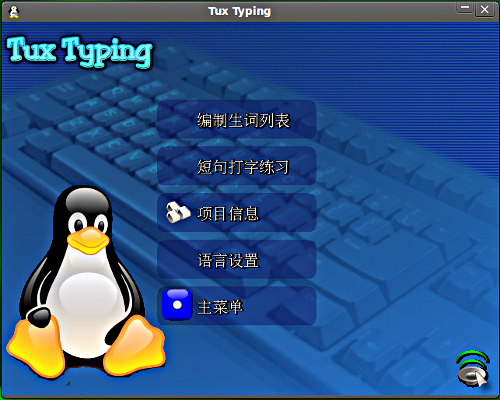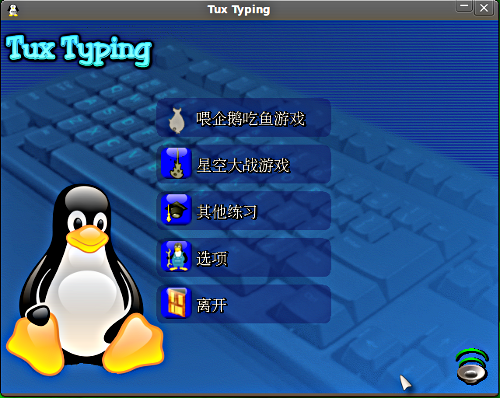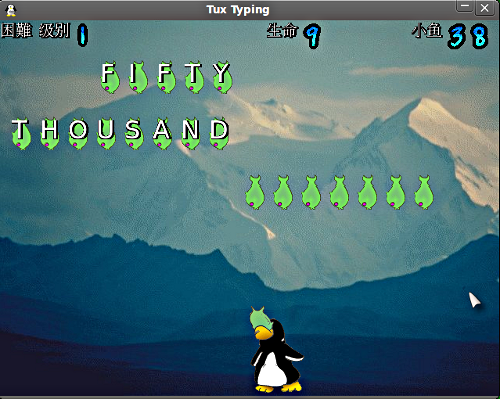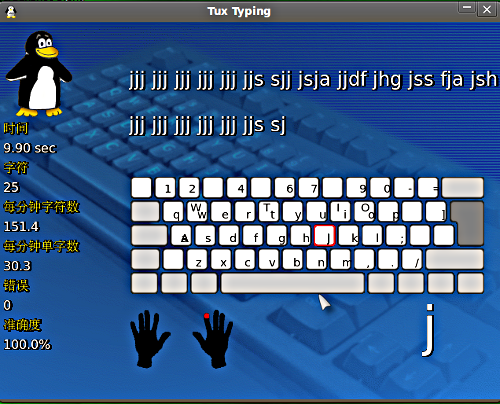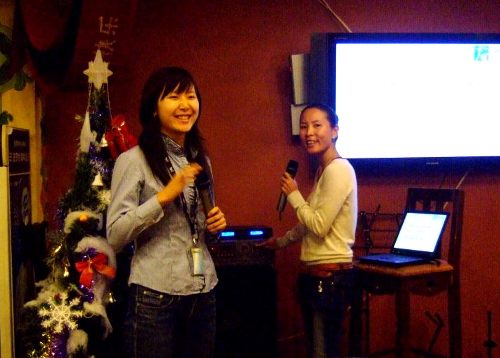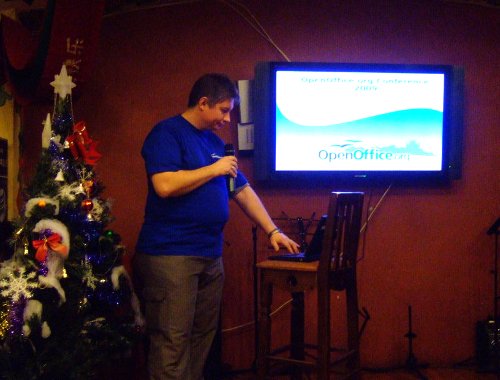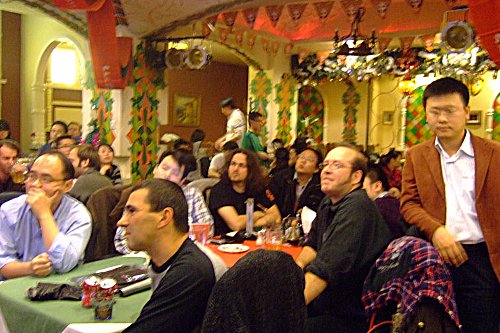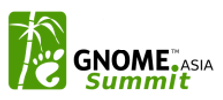 As you may know that GNOME.Asia 2010 will be hosted in mid August in Taipei. If you are interested to join this annual GNOME event and be one of our speakers, please find below the sponsorship program. Feel free to apply if you need it. See you there!
As you may know that GNOME.Asia 2010 will be hosted in mid August in Taipei. If you are interested to join this annual GNOME event and be one of our speakers, please find below the sponsorship program. Feel free to apply if you need it. See you there!
Dear GNOME friends,
The GNOME Foundation provides travel sponsorships to individuals who want to attend GNOME.Asia 2010 and need financial assistance.
We are happy to announce the Travel Committee is ready to receive applications for sponsorships to attend to GNOME.Asia 2010. This year, GNOME.Asia is jointly held with COSCUP (Conference for Open Source Coders, Users and Promoters) in Taipei, Taiwan on August 14 and 15, 2010.
For event detail please visit http://2010.gnome.asia/
For instruction of the travel assistance application, please visit http://live.gnome.org/Travel
Deadline: June 25 2010 14:00 UTC postponed to July 9 2010 14:00 UTC
Some additional request for GNOME.Asia:
- We target to sponsor speakers (If you intend to go, why not give a talk? )
- Limitation of $400 for people flying inside Asia and $800 for people from Europe/US/Other.
- Only pay for transportation, not lodging cost. However, if you need help with accommodation, the GNOME.Asia Committee will book the hotel or hostel for you. Any questions, feel free to drop us an email.
- Asking for sponsorship does not guarantee you will get sponsored;
- A good application with good information will be processed faster;
- If you are GNOME Foundation member, Google Summer of Code participants, contributor or speaker on GNOME, most likely you will get the sponsorship;
- The Travel committee should reply back about receiving your application within 2-3 days. After that we would accumulate all the sponsorship requests and process them together. So please do not panic (have any butterflies in your stomach) if we take some time to reply on the status. Affirmative/Negative you would surely get a response;
- No personal emails. Please keep travel-committee Cc’ed on all your replies.
Any questions, feel free to send email to the travel-committee : <travel-committee AT gnome DOT org>. Thank you!
GNOME.Asia Committee
